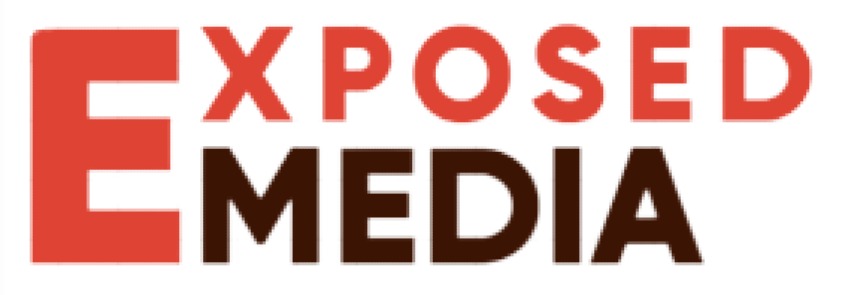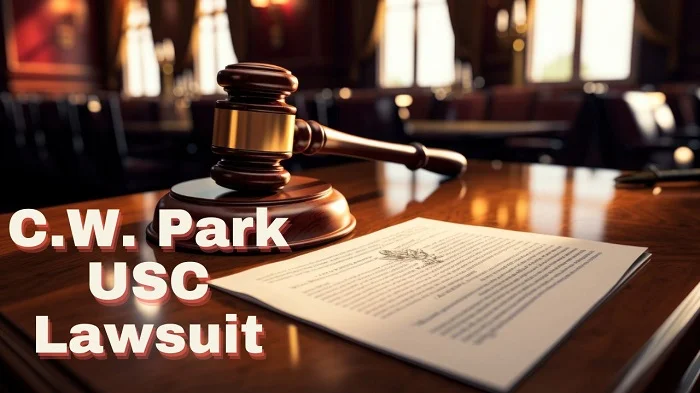In latest years, the educational international has been no stranger to controversy, and the state-of-the-art scandal to emerge includes a high-profile lawsuit in opposition to the University of Southern California (USC) with the aid of C.w. park usc lawsuit. This lawsuit has garnered tremendous media attention, elevating questions about the ethics and practices within prestigious establishments. This article delves into the details of the case, exploring the important thing gamers, the allegations, and the wider implications for better education.
Who is C.w. park usc lawsuit?
C.w. park usc lawsuit, a prominent professor of advertising on the USC Marshall School of Business, is a respected figure in educational circles. With a career spanning a long time, Park has made tremendous contributions to the field of marketing, specifically in patron behavior and emblem management. His paintings is well-regarded, and he has been a distinguished voice in each instructional and expert advertising communities.
The Allegations
The lawsuit filed by C.w. park usc lawsuit in opposition to USC facilities on allegations of wrongful termination, discrimination, and retaliation. According to Park, his dismissal from the college was no longer based on overall performance or behavior however instead on discriminatory practices and a preference to silence his vital viewpoints.
Discrimination Claims
Park alleges that he confronted age discrimination and racial discrimination at some stage in his tenure at USC. He claims that no matter his substantial enjoy and contributions to the college, he changed into marginalized and subjected to unfair treatment in comparison to younger, much less experienced colleagues. Park additionally asserts that the college’s movements were influenced via racial biases, undermining his role and contributions.
Retaliation Accusations
In addition to discrimination, Park’s lawsuit accuses USC of retaliating towards him for elevating worries about the university’s practices. He alleges that after he voiced criticisms regarding sure administrative selections and the overall path of the enterprise school, he confronted accelerated scrutiny and changed into finally terminated. Park argues that this termination turned into a right away response to his outspoken nature and unwillingness to conform to the administration’s expectancies.
USC’s Response
USC has vehemently denied the allegations placed forth through Park. In legitimate statements, the university has maintained that Park’s termination turned into based totally on legitimate reasons, inclusive of overall performance-related troubles. USC officials assert that the choice to terminate Park’s employment was made following a radical overview manner and became no longer prompted by discriminatory or retaliatory motives.
The Legal Battle
The lawsuit has now moved into the courts, with each events preparing for a potentially prolonged legal struggle. The case has already visible a flurry of legal filings, motions, and statements from each sides, every presenting their version of events and proof to support their claims.
Key Arguments
Park’s legal team has centered on collecting proof to verify the claims of discrimination and retaliation. This includes stories from colleagues, documentation of Park’s performance opinions, and communications that can indicate a sample of discriminatory behavior.
On the alternative hand, USC’s defense is targeted round demonstrating that the termination was justified and unrelated to any discriminatory practices. The university’s felony representatives are possibly to present proof highlighting overall performance problems and procedural compliance in Park’s dismissal.
Broader Implications
The C.w. park usc lawsuit is more than just a legal dispute between an individual and an institution; it raises important questions about the way of life and practices within higher schooling.
Academic Freedom and Dissent
One of the core issues highlighted by using this case is the balance among instructional freedom and institutional manipulate. Park’s allegations advocate that there may be a tradition of suppressing dissenting voices within the university, that may have a long way-accomplishing implications for the liberty of expression in educational settings. If genuine, such practices may want to stifle vital thinking and innovation, which can be essential components of higher schooling.
Age and Racial Discrimination
The claims of age and racial discrimination carry to light ongoing issues of range and inclusion inside academia. Despite numerous initiatives geared toward selling range, instances like Park’s propose that there might also nonetheless be underlying biases that have an effect on the careers of minority and older school individuals. This lawsuit ought to serve as a catalyst for a more in-depth examination of these troubles and doubtlessly cause reforms aimed at creating a extra equitable surroundings.
The Road Ahead
As the lawsuit progresses, it’s far probably to attract even more attention and spark similarly debate about the practices and ethics of instructional institutions. The final results of this example could have massive implications now not simplest for USC however for universities across the usa.
Potential Outcomes
If Park’s claims are upheld in court docket, it can result in sizeable economic compensation for the professor and potentially result in policy changes inside USC and other institutions. On the alternative hand, if USC effectively defends its moves, it could beef up the college’s stance on performance-based opinions and terminations.
Lessons Learned
Regardless of the outcome, the lawsuit serves as a crucial reminder of the want for transparency, equity, and accountability in academia. Institutions have to continuously strive to uphold these concepts to hold their integrity and the accept as true with in their school, college students, and the wider network.
Conclusion
The C.w. park usc lawsuit is a complicated and multifaceted case that touches on fundamental troubles inside higher schooling. As it unfolds, it’ll absolutely maintain to provoke dialogue and reflection at the values and practices of educational establishments. Whether considered as a combat for justice or a contentious legal battle, the case underscores the significance of addressing discrimination, promoting academic freedom, and ensuring honest remedy for all members of the educational community.


